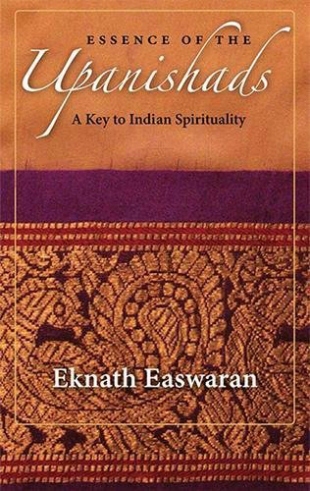Eknath Easwaran (1910 - 1999) was chairman of the English department at a major Indian university before he came to the United States on a Fulbright scholarship in 1959. In 1961, he founded the Blue Mountain Center of Meditation, which carries on his work today through publications and retreats. During nearly four decades of active spiritual teaching Easwaran brought the wisdom of all the world's religions to readers of more than two dozen books. This one, which is the first volume in a new Wisdom of India series, was originally published as Dialogue with Death: The Spiritual Psychology of the Katha Upanishad (1981).
Easwaran is convinced that his ancient text is wisdom literature concerned with the meaning of life. It is conveyed through the adventure story of a young hero who passes into the kingdom of Death is search of immortality. On the journey he asks the same questions we all do: What is the purpose of life? And what happens to us when we die?
Easwaran places the Indian spirituality in the Katha Upanishad in the broader context of mystical spirituality. He begins with a discussion of consciousness and the body and then goes on to assess emotional states and physical health. At one point, in talking about energy or prana, the author states that Mahatma Gandhi at his death had only two dollars in material possessions while being during his lifetime a prana billionaire who gave his vitality freely to all. In contrast, energy drains from those who have developed rigid likes and dislikes. They are chronically under stress. Likewise, samskaras, conditioned and automatic ways of thinking and responding to the events of life around us, hinder our spiritual energy.
In chapters on Will and Desire, Clear Seeing, The Stream of Thought, Shadow and Self, Death and Dreaming, and Waking Up Easwaran mines the meanings of mysticism and opens the doors to a rich and diverse spiritual journey to all those who seek meaning.
